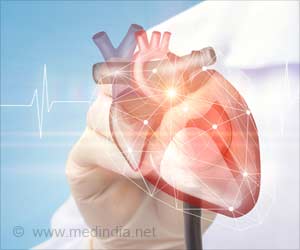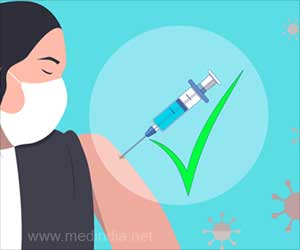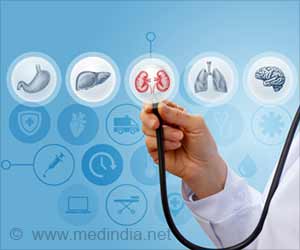Researchers analyzed data from the UK Biobank to assess baseline alcohol consumption reported by more than 408,000 participants as a predictor of VAs and sudden cardiac deaths (SCDs) over a median follow-up of 11.5 years. They characterized associations of total and beverage-specific alcohol consumption with incident VA and SCD.
“This is one of the first studies to specifically investigate the relationship between long-term alcohol consumption and VA,” explained lead investigator Christopher X. Wong, MBBS, MSc, Ph.D., Centre for Heart Rhythm Disorders, University of Adelaide and Royal Adelaide Hospital, Adelaide, Australia.
VAs, which are often life-threatening abnormal heart rhythms; and SCDs, which are deaths that were thought to be caused by a loss of heart function and can often be due to VA.
In this study, no association was observed between total alcohol, beer, cider, or red or white wine consumption and VA risk. Individuals who consumed at least 14 drinks per week of spirits, but not other types of alcohol, did experience a roughly 20% higher risk of VAs.
Investigators determined that the relationships between alcohol consumption and VA and SCD were quite different. They observed a U-shaped association between alcohol consumption and risk of SCD, consistent with prior studies.
Although VAs can cause SCDs, not all SCDs are caused by VAs. Some SCDs are thought to be due to conditions unrelated to the heart, and this may explain what appears to be a different effect of alcohol on these similar conditions.
There is insufficient evidence to recommend that non-drinkers consume alcohol for health benefits. Alcohol consumption also increases the risk of bowel and breast cancer and causes damage to the liver. Therefore, the effect of alcohol on health should be viewed in its entirety while making safe alcohol consumption recommendations.
Researchers also stress that these findings require clarification in further epidemiological and experimental studies with accurately defined VA and SCD events.
The current study does not appear to provide compelling evidence that the Holiday Heart Syndrome extends to the ventricles, indeed demonstrating that moderate alcohol consumption may protect against SCD.
Source: Medindia



